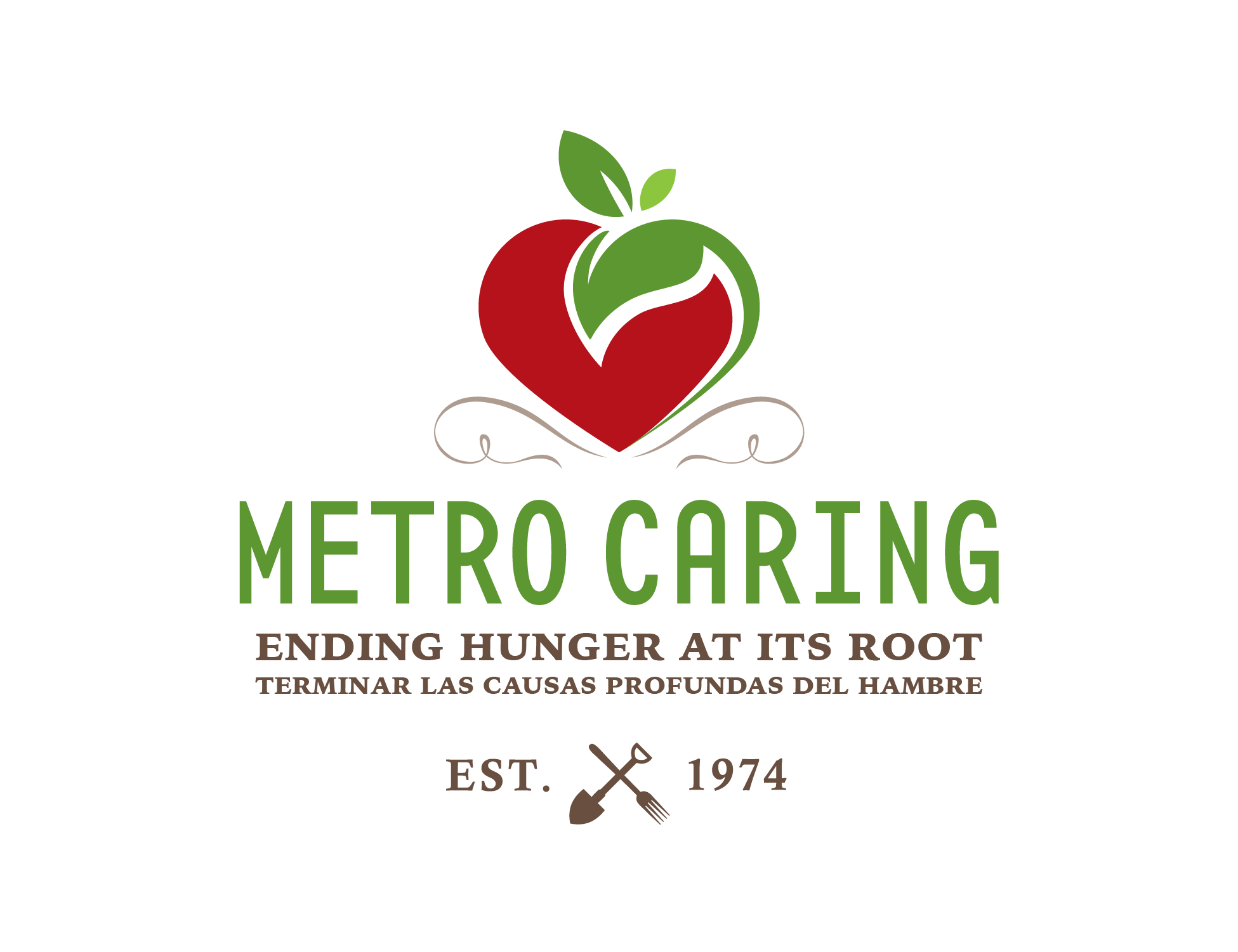How Does Food Insecurity Affect Your Mental Health?
How Does Food Insecurity Affect Your Mental Health?
The ongoing pandemic brought with it a whole slew of complications, and one of them is food insecurity. In 2018, research from Hunger and Health, Feeding America showed that about 1 in 9 Americans were food insecure, equaling a little over 37 million people. That number has likely grown since the pandemic began, and it's certainly been felt locally. According to an article on The Denver Post, more and more Colorado residents have been relying on food banks and pantries since the beginning of the global health crisis. This is likely a result of the widespread job losses and layoffs, which impacted people's incomes and their ability to buy essential goods.
While food insecurity in itself is a serious issue, it also brings about health problems for those suffering from it. That includes adverse effects on one's mental health.
The Link Between Food Security and Mental Wellness
Food is a necessity for everyone, and the lack of it can lead to increased levels of stress and even more negative effects on one's mental health. A study on the American Journal of Preventive Medicine found that food insecurity may be a primary contributor to common mental disorders and for multiple reasons. For one, it causes uncertainty with regards to maintaining sufficient food supplies, which then leads to heightened levels of stress. Also, should individuals choose to get their food in socially unacceptable ways, it may cause feelings of alienation, shame, and guilt. All these factors affect an individual's mental health and wellbeing. In some cases, it may lead to the development of a mental disorder, while in other cases, it may exacerbate existing conditions.
Moreover, food-insecure individuals are often undernourished. This can lead to severe cases of malnutrition, which then causes the immune system to weaken. A slower immune response makes an individual more prone to infection and disease. And these medical conditions can further worsen the individual's mental health. Common mental disorders that can develop alongside malnutrition include anxiety and depression. These facts make it clear that food insecurity doesn't just affect one's physical health; it can also prove detrimental to an individual's mental health.
What We Can Do to Help
It is a human right to have access to healthy and nutritious food. And despite the rampant food insecurity problem brought about by the pandemic, there is plenty to be done for one's community.
Medical professionals, in particular, play a vital role in preventing food insecurity. And nurses are the ones on the front line. Registered Nurses with a BSN degree work in a variety of settings, including community health centers, and they do more than assess patient health. They can also provide advanced care to individuals, families, and communities in need of their assistance. Additionally, they're capable of taking on the role of a teacher, which means they can educate community members on how they can address their struggles with food insecurity. For example, local communities can hold food programs to provide free meals for food-insecure individuals, while nurses provide immediate care to those who need it.
Primary care professionals can also recommend mental health services to people with food insecurity. Clinical psychologists, for example, can step in to help. They're required to have a Ph.D. in clinical psychology, which qualifies them to diagnose and treat mental illnesses. Since they're also adept at relating their field to other scientific disciplines, they will be able to tie in their diagnoses with food insecurity if they believe that is the case.
Last, but certainly not least, individuals of all backgrounds have plenty to offer, even if they have no medical education. This is where organizations like Metro Caring come in. Metro Caring hosts multiple efforts to combat food insecurity among Denver locals, including cooking classes, free food markets, and public gardens. Through volunteers, organizations like Metro Caring can extend their help to food-insecure individuals and work towards getting them to a better place. It just goes to show that a strong community goes a long way. With the right knowledge and enough helping hands, communities around the country can contribute to both food security and mental wellness.
Specially written for metrocaring.org by Juliet Brooks

